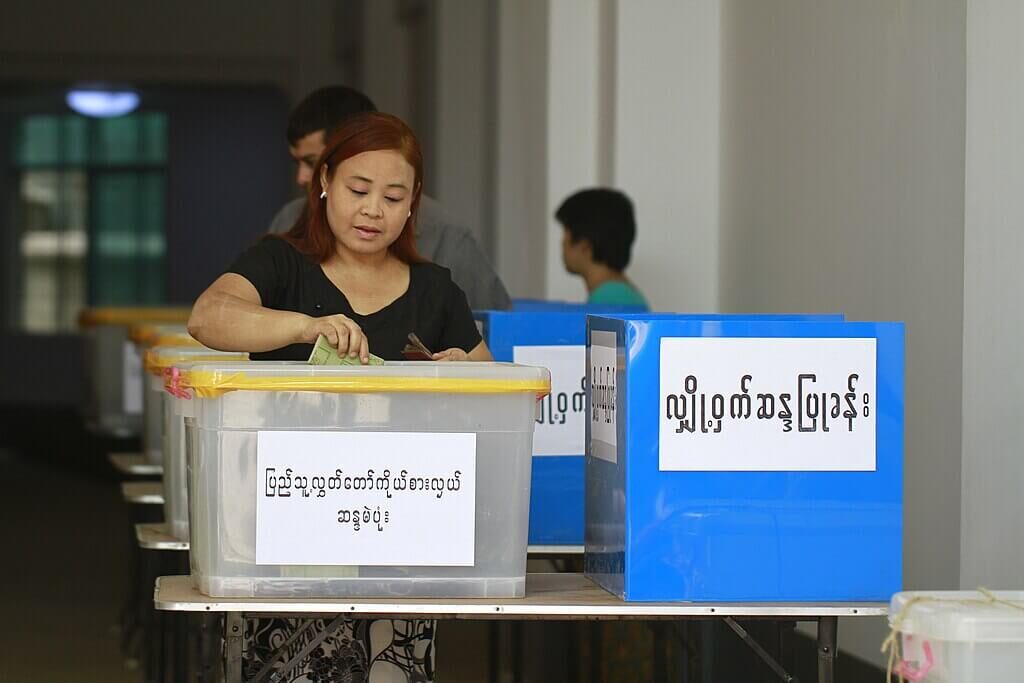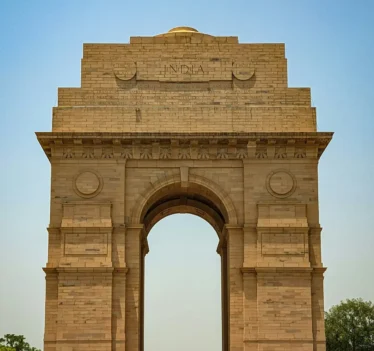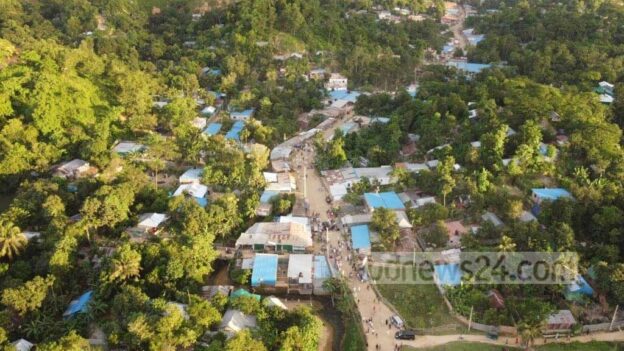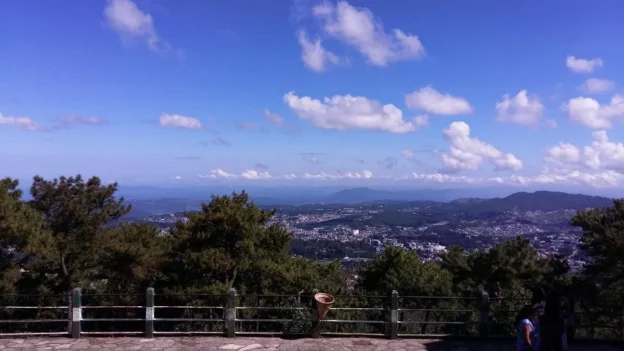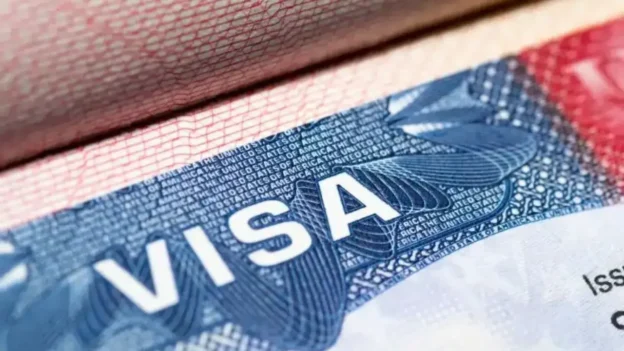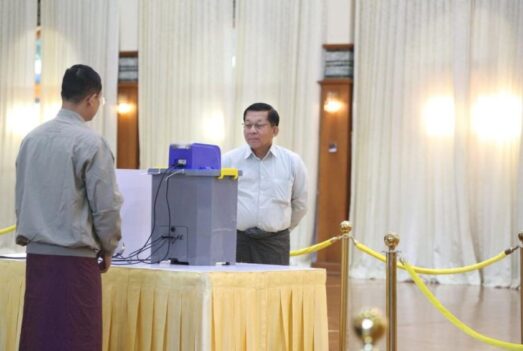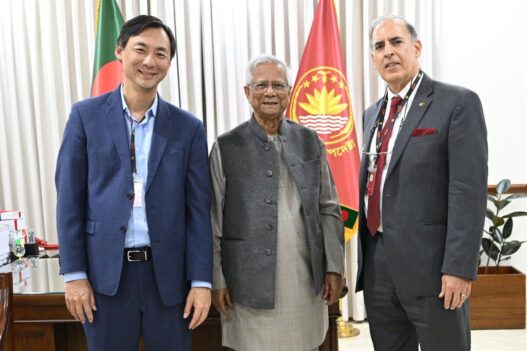As Myanmar’s military junta pushes ahead with plans for a controversial general election beginning on December 28, 2025, the opposition to it—both within and outside the country—has intensified. What the junta portrays as a return to constitutional order is being condemned as a sham exercise to entrench military rule, deepen repression, and divide the opposition.
The election is meant to fill seats in the Amyotha Hluttaw, or Upper House, and the Pyithu Hluttaw, or Lower House, of the Pyidaungsu Hluttaw, Myanmar’s national parliament. The Pyidaungsu Hluttaw was dissolved after the military coup of February 2021, which toppled the democratically elected government of Aung San Suu Kyi and the National League for Democracy (NLD). The coup followed the military-backed Union Solidarity and Development Party’s claims of irregularities after its poor performance in the 2020 general election, which the NLD had won in a landslide.
In January 2023, the junta introduced a new electoral law that tightened party registration rules and banned individuals with criminal convictions, including Suu Kyi and former President Win Myint, from contesting. It also replaced the first-past-the-post system with a proportional representation model, a change analysts believe was designed to favour the junta’s proxy, the USDP. These manipulations, critics say, confirm that the upcoming election is neither free nor fair but a calculated bid to cement military power under a democratic façade.
Even as preparations for the polls gather pace, Myanmar’s complex web of armed and political groups remains deeply fractured. Six signatories of the Nationwide Ceasefire Agreement—the Karen National Union, Chin National Front, and All Burma Students’ Democratic Front among them—have denounced the junta’s moves and urged the international community to boycott events in Naypyitaw marking the NCA’s 10th anniversary. These groups, which resumed their insurgency after the coup, have declared the ceasefire void, arguing that the military’s power grab has destroyed any foundation for peace.
At the same time, other ethnic organisations aligned with the junta, such as the New Mon State Party, Restoration Council of Shan State, Arakan Liberation Party, Democratic Karen Buddhist Army, and the KNU/KNLA Peace Council, have confirmed their participation in the NCA commemoration scheduled in Naypyitaw from October 15 to 17.
Adding to the complexity, several non-signatory groups from the Myanmar–China border—the United Wa State Army, National Democratic Alliance Army, and Shan State Progress Party—have also announced their attendance under the umbrella of the Federal Political Negotiation and Consultative Committee. Though they insist their participation reflects support for peace rather than the junta, observers believe these groups are hedging their bets, preparing to negotiate their place in whatever political order emerges after the election.
Foreign diplomats are also expected at the Naypyitaw ceremony. Junta leader Senior General Min Aung Hlaing reportedly informed Malaysian Foreign Minister Mohamad Hasan of this during their meeting on October 9. The diplomatic optics appear calculated: by surrounding the anniversary with symbolic participation, the junta seeks to project legitimacy even as its forces continue to terrorize civilians.
International condemnation, however, has been swift and forceful. The Special Advisory Council for Myanmar, composed of former ASEAN and UN leaders, has called on the regional bloc to reject the junta’s election outright and to launch a strategic reset during the upcoming 47th ASEAN Summit. In a statement signed by former foreign ministers Dato’ Sri Saifuddin Abdullah of Malaysia and Kasit Piromya of Thailand, former Philippine senator and justice secretary Leila de Lima, and three former UN experts, the council described the upcoming election as a total failure of credibility. Anything short of rejection, they warned, would be a betrayal of the Myanmar people and a dangerous signal to authoritarian regimes in the region.
The council’s statement also took direct aim at the junta’s misinformation campaign. It denounced as a “blatant lie” the junta’s claim that Malaysia had agreed to send election observers, noting that the deception exposes yet another attempt to fabricate legitimacy. The group accused ASEAN of four years of indecision and failure, saying that the bloc’s much-touted Five-Point Consensus has been rendered meaningless. It argued that ASEAN’s inaction has enabled the junta’s atrocities, emboldened future coups, and surrendered the regional initiative to external powers.
Meanwhile, violence inside Myanmar continues unabated. On October 6, a junta paramilitary unit used paramotors to bomb a candlelight vigil in Chaung-U Township in Sagaing Region, where residents had gathered to celebrate Thadingyut, the Buddhist festival of lights. At least 26 people were killed and 40 wounded in the attack. Days earlier, a junta airstrike on a boarding school in Thayat Tabin village in Rakhine State killed 22 people, most of them children. Reports say that as Foreign Minister Hasan was meeting Min Aung Hlaing in Naypyitaw, soldiers were blocking attempts by villagers to rescue the wounded in Sagaing—a grim reflection of the regime’s continuing impunity.
Analysts believe ASEAN now faces a defining test of its credibility. The Special Advisory Council urged the bloc to make its opposition to the junta’s election clear, to isolate the regime diplomatically, and to engage instead with democratic and ethnic stakeholders such as the National Unity Government, National Unity Consultative Council, Committee Representing Pyidaungsu Hluttaw, and other resistance movements. The statement also called for an ASEAN-backed ceasefire, unimpeded humanitarian access, and justice for war crimes. Extending the mandate of ASEAN’s Special Envoy Tan Sri Othman Hashim was described as vital to maintain continuity in engagement and coordination.
As the junta moves toward a stage-managed vote, Myanmar stands at a critical juncture. Rebel groups are divided, civilians are under siege, and ASEAN’s moral authority hangs in the balance. The coming months will determine not just the trajectory of Myanmar’s political crisis but also whether Southeast Asia can still act as a collective force for peace—or resign itself to watching another generation of Myanmar’s people crushed under the weight of military tyranny.

